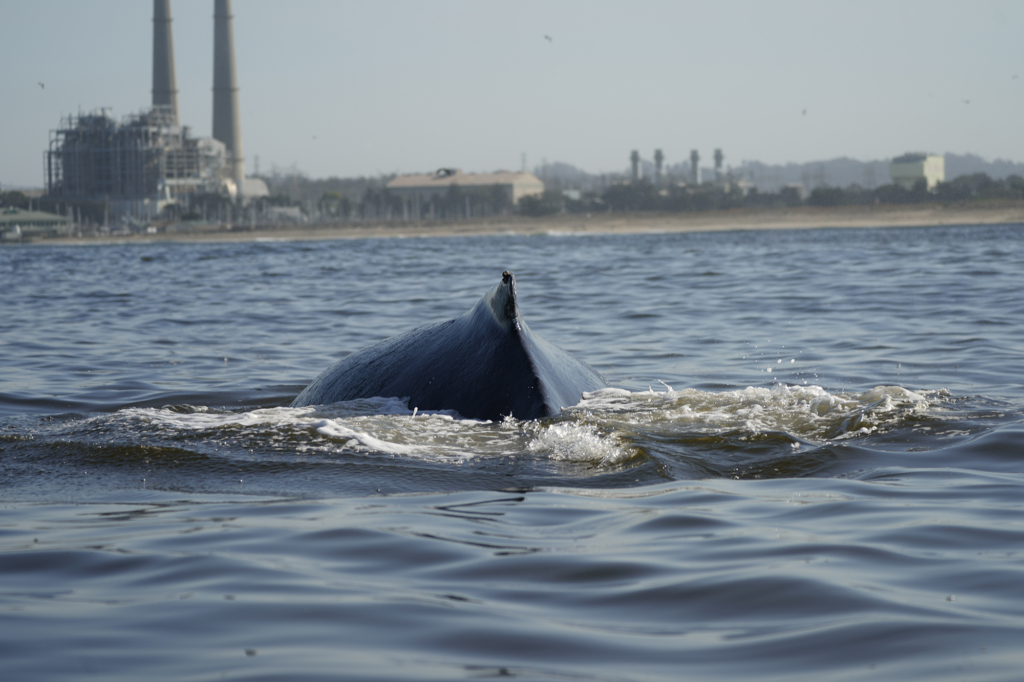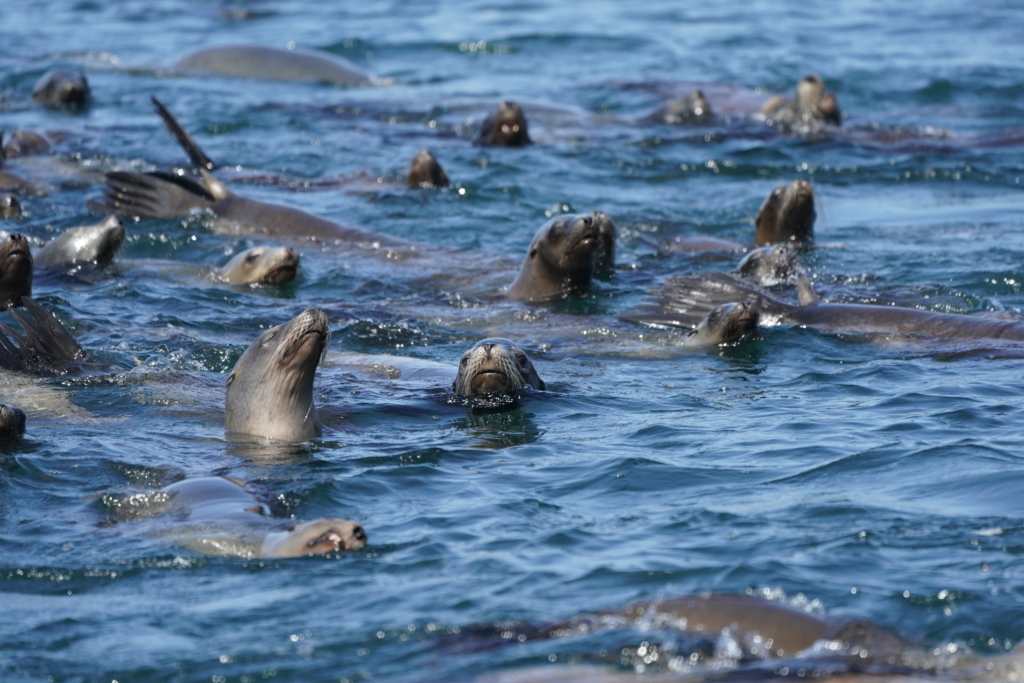Monterey Bay is home to one of the most diverse and abundant assemblages of marine mammals in the world. Little research has been done in analyzing how the runoff from chemicals used in agriculture impact marine mammal behaviors and health in the bay. To address this knowledge gap, scientists are collecting and evaluating tissue and blood samples from each of three sentinel species: sea otters, sea lions, and humpback whales. Sea otters reside and forage locally in estuaries and coastal waters year-round, California sea lions forage more broadly within Monterey Bay yet are also year-round residents, and humpback whales are only seasonal residents to the Bay and forage over a broad spatial range during spring and summer months. Our team are testing the samples from these different species for a range of chemicals to find out what they are being exposed to and also using these samples and other data to assess individual and population-level health.


All media and scientific work was collected under appropriate National Marine Fisheries (NMFS) / Marine Mammal Protection Act (MMPA) and Institutional Animal Care and Use Committee (IACUC) permits.


